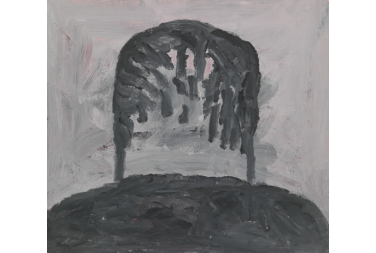
Philosophy was originally conceived as a practice, not as a discourse or the construction of a theoretical system. It implied a personal transformation through “spiritual exercises”: dialogue, meditation, contemplation, retreat, the examination of the conscience, etc.
The Stoics, the Cynics and the Epicureans were schools that existed to share and live philosophy and learn together about what is important: how to fully inhabit the present; how to refine a non-utilitarian perception of the world; how to prepare for death; how to step out of oneself and devote attention to others.
These are some of the things that can be learnt by reading the works of philosophers such as Pierre Hadot and Michel Foucault. Rediscovering and applying this idea of philosophy as a way of life in a contemporary context has a special importance and value today, when we consume thought as mere speculation, criticism or erudition, but then have to resort to self-help manuals in our attempts to try and live better.
With Diego Sztulwark, we will approach the idea of philosophy as self-care practices – that is, as practices involving self-attention and relationships – and we will think about its present day ethical and political translation.
With Diego Sztulwark, we will approach the idea of philosophy as self-care practices – that is, as practices involving self-attention and relationships – and we will think about its present day ethical and political translation.
